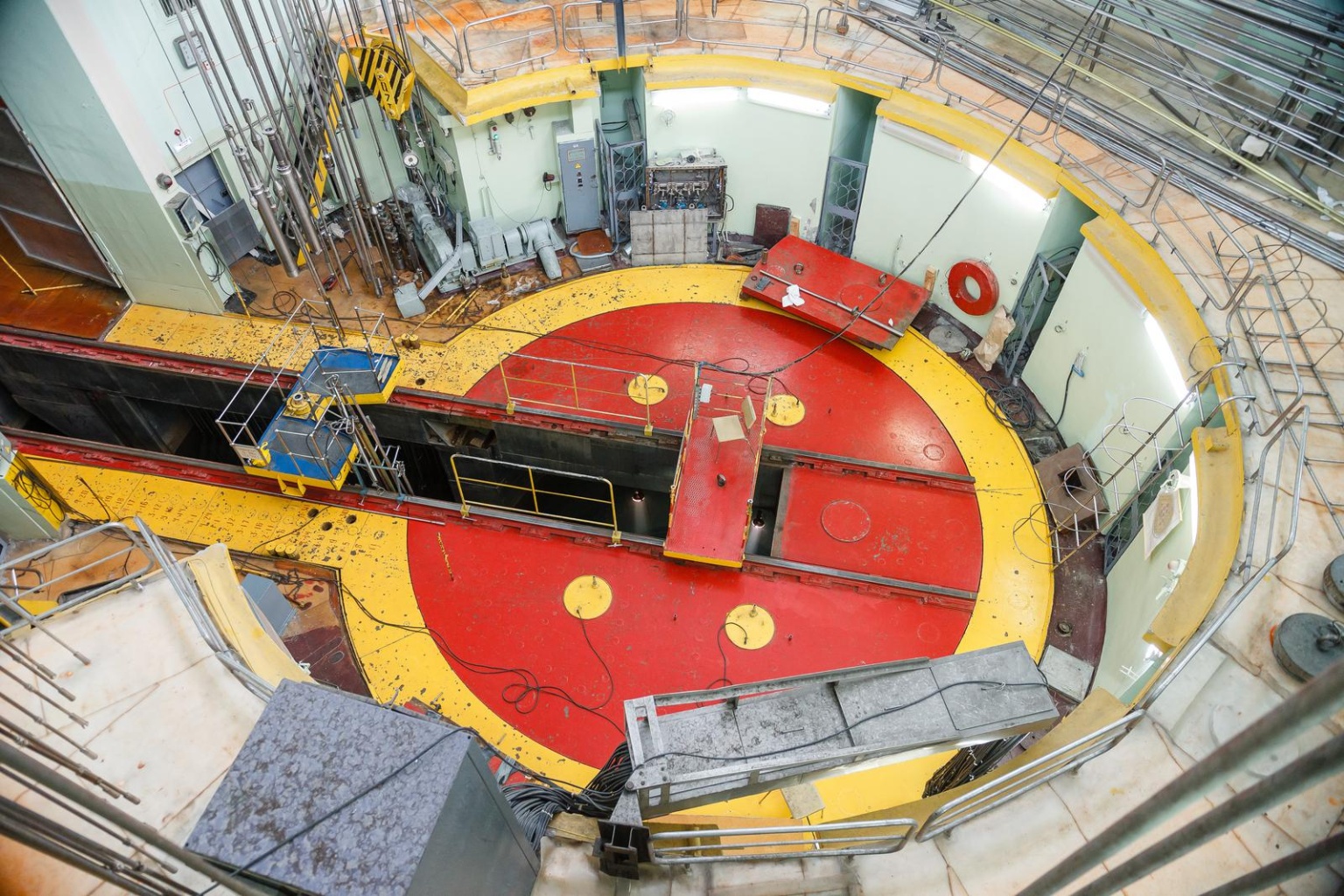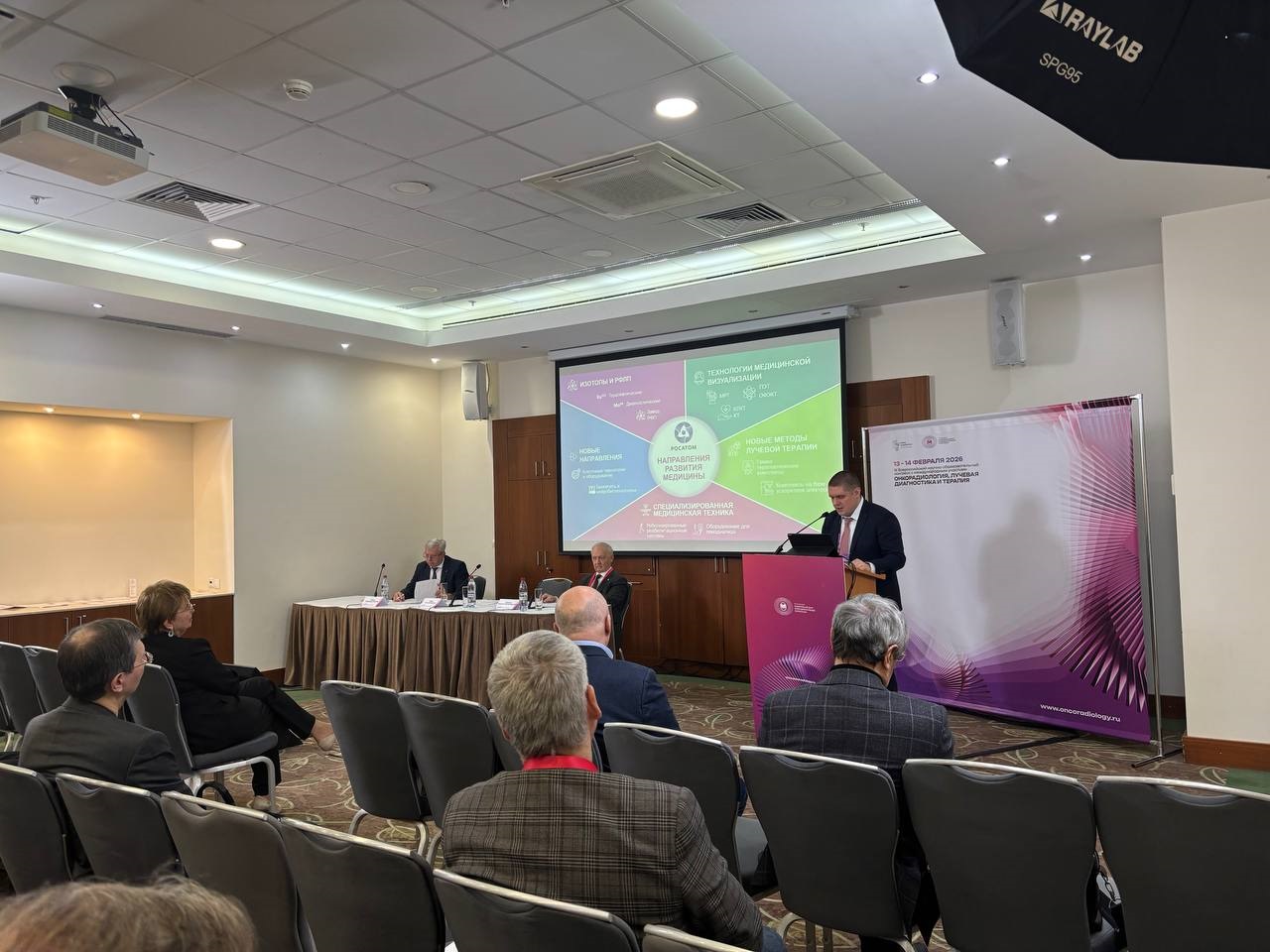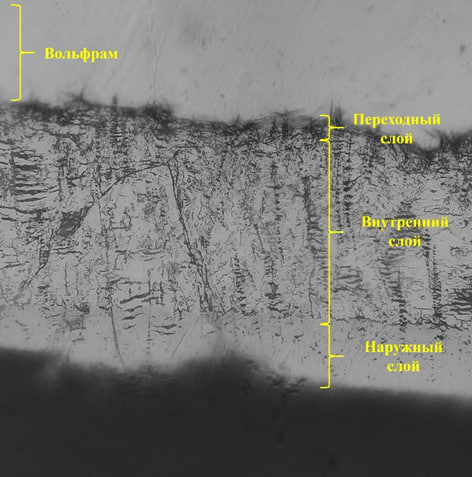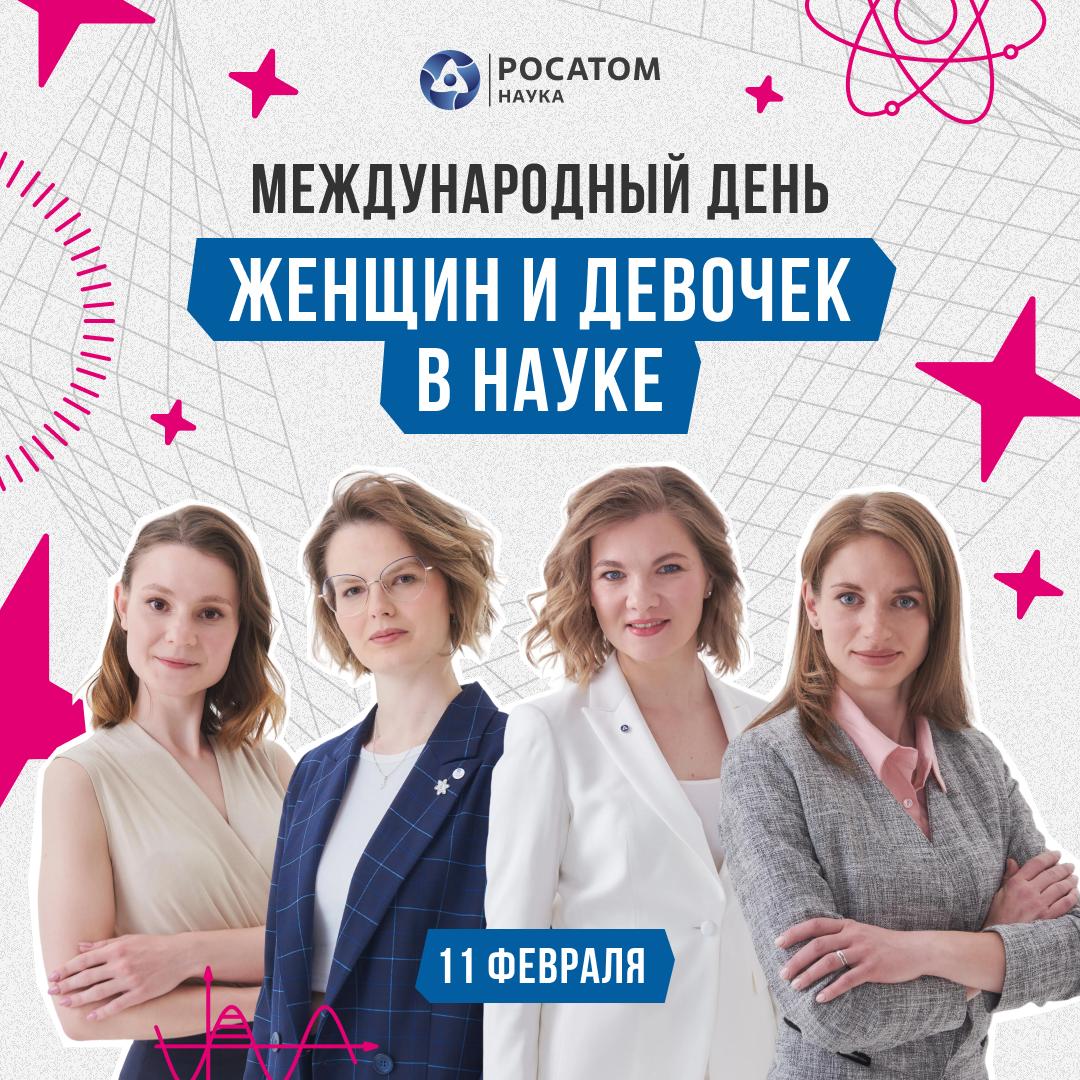Rosatom has begun reactor tests as part of a project to increase nuclear fuel enrichment
The MIR.M1 research reactor at the Dimitrovgrad Research Institute of Atomic Reactors (JSC SRC RIAR, an enterprise of the Scientific Division of the Rosatom State Corporation) has begun testing nuclear fuel for WWER reactors with a burnable neutron absorber of erbium and enrichment in the isotope uranium-235 of about 5%.
Currently, the main fleet of nuclear power units in the world operates on nuclear fuel with an enrichment of the isotope uranium-235 of less than 5% (mainly in the range of 3-4.95%), which complies with international standards for fuel of high-power power reactors (except for fast neutron reactors, small and medium-power stations and research reactors).
This is the first step in the framework of the project for the phased justification of nuclear fuel with an enrichment above 5%. The introduction of such fuel has great potential for increasing the economic efficiency of nuclear power and enhancing the competitiveness of NPPs compared to other energy sources. According to Rosatom scientists, this will increase the fuel campaign of the reactor from the current 12-18 months to 24 months, i.e. power units will be stopped less often to replace irradiated fuel with fresh fuel and produce more electricity. An additional economic effect can also be obtained by reducing the number of fresh nuclear fuel assemblies required for one reload, as well as by potentially increasing the reactor capacity.
The test program in the MIR.M1 research reactor is designed for four annual irradiation cycles. For this purpose, an experimental assembly consisting of 12 fuel elements (fuel rods) of the VVER-1000 type based on uranium-erbium fuel was manufactured at the Machine-Building Plant in Elektrostal (JSC MSZ, an enterprise of the Fuel Division of Rosatom). At the same time, VVER fuel with a uranium-erbium composition was loaded into the reactor for the first time. According to scientists, erbium is better suited as a neutron absorber for the operation of fuel with an enrichment of more than 5% in fuel cycles for more than 18 months than gadolinium, which is standard for VVER reactors (a burnable absorber is added to nuclear fuel to compensate for reactivity in the reactor core). The long-term experience of JSC MSZ in the fabrication of uranium-erbium fuel for RBMK channel reactors was used to manufacture experimental fuel elements.
The research results will help create a technology for the serial production of uranium-erbium fuel for VVER reactors, as well as justify the operation of such fuel at Russian-designed NPPs.
"Increasing uranium enrichment to 6%, and in the future - to 7-8% - is a global trend and a task that key players in the global market are working on. Until now, reactor efficiency has been increased by introducing new designs and modifications of fuel assemblies. Mostly, most of these innovations were aimed at increasing the physical volume of enriched uranium in a fuel element and ultimately producing more energy from a single fuel assembly. Now, nuclear power has reached a crossroads where further optimization of NPP economics will likely require crossing the five percent uranium enrichment threshold for high-power thermal reactors. Considering that the active zone of modern VVER reactors contains 163 fuel assemblies, and each of them contains more than 500 kg of uranium, the effect of increasing enrichment by just 1% will already be very significant,” noted Alexander Ugryumov, Vice President for Scientific and Technical Activities at TVEL JSC.

The Fuel Division of the Rosatom State Corporation (Rosatom Fuel Company TVEL) includes enterprises for the fabrication of nuclear fuel, conversion and enrichment of uranium, production of gas centrifuges, as well as research and design organizations. As the sole supplier of nuclear fuel for Russian NPPs, TVEL supplies fuel to a total of more than 70 power reactors in 15 countries, research reactors in nine countries, and transport reactors of the Russian nuclear fleet. Every sixth power reactor in the world runs on TVEL fuel. The Fuel Division is the world's largest producer of enriched uranium, as well as the leader in the global stable isotope market. The division is actively developing new businesses in the fields of chemistry, metallurgy, energy storage technologies, 3D printing, digital products, and decommissioning of nuclear facilities. Rosatom's industry integrators for additive technologies and energy storage systems have been created in the circuit. www.tvel.ru



